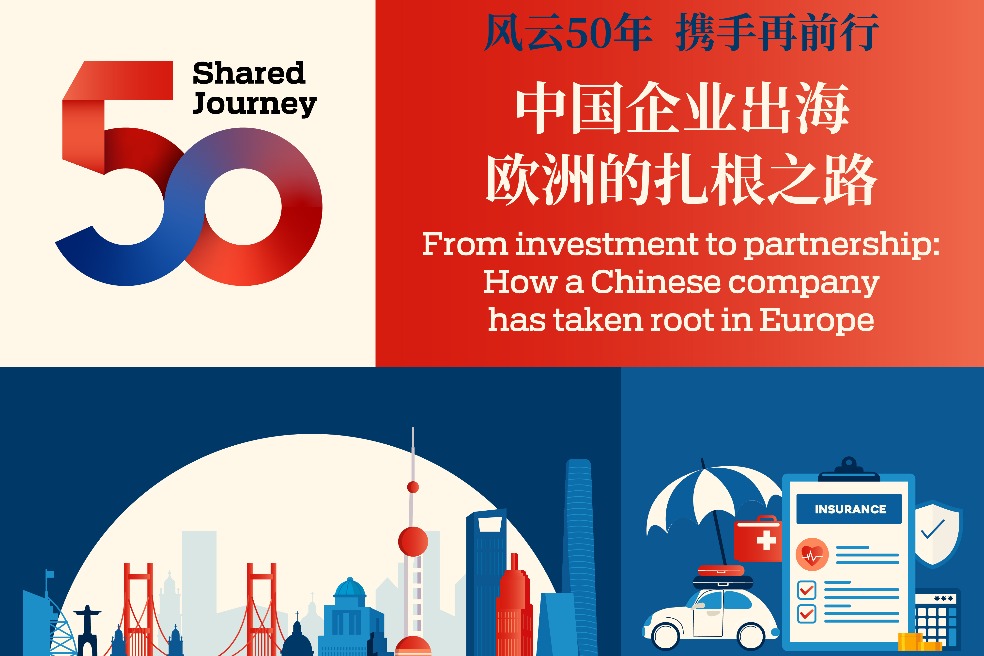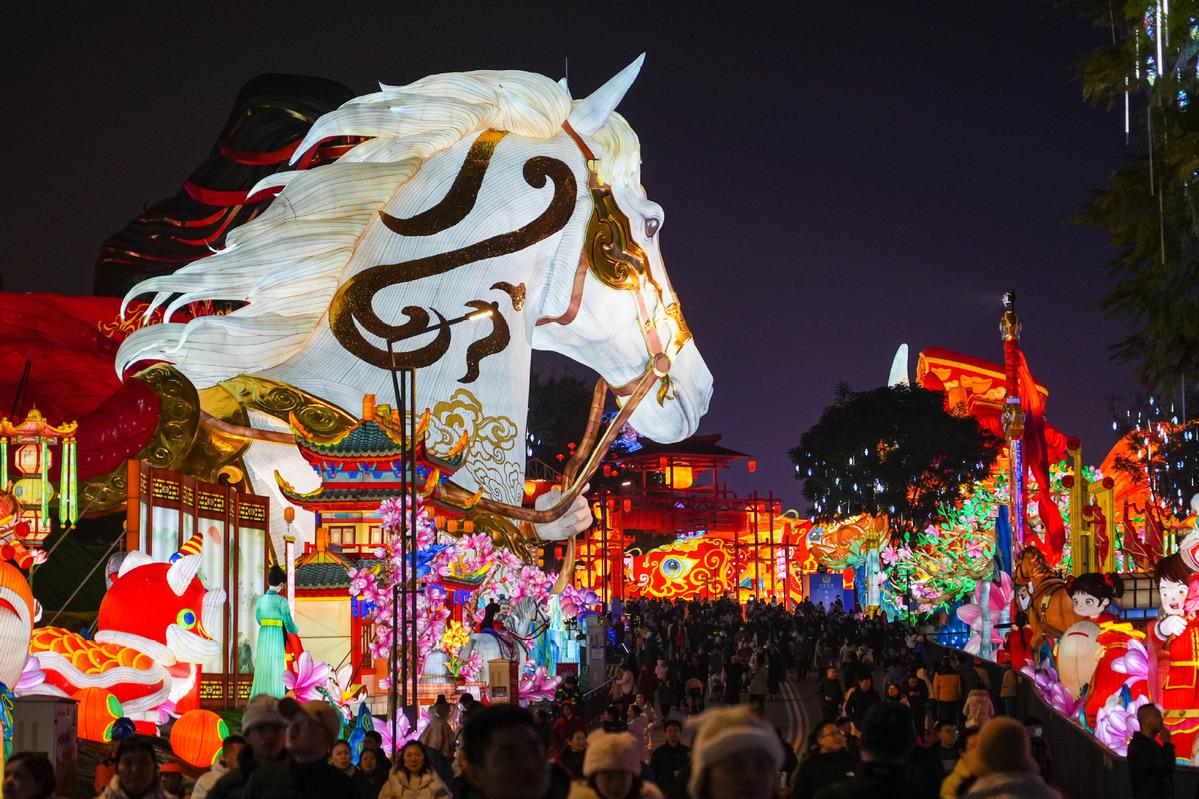Homeward bound

Leading Chinese mainland enterprises, due to be delisted in New York amid an audit row with US authorities, are Hong Kong-bound, seeking a primary listing on the SAR's bourse. It's a hedge for them as well as a booster for a market battered by global geopolitical tensions and COVID-19. Liu Yifan reports from Hong Kong.
Some of the biggest names in the Chinese mainland's corporate scene and listed on Wall Street are packing up for greener pastures at home as a protracted audit wrangle with United States authorities drags on.
The Hong Kong Special Administrative Region, which has been the world's top venue for initial public offerings in seven out of the past 13 years, is at the receiving end of a growing list of homecoming big-name Chinese enterprises as they chart a new path to the city with primary listings, cementing the HKSAR's stature as a major world financial hub.
Leading the charge has been Hangzhou-based e-commerce colossus Alibaba Group, which caused a stir when it debuted on the New York Stock Exchange in 2014, raising $25 billion — at the time the largest IPO in world history. But, less than a decade later, the technology group made an about-face, saying it planned to elevate its listing status in Hong Kong from "secondary" to "primary". It was a strong signal to its Chinese mainland peers to follow suit in preparation for the worst of the decoupling from New York.
Unlike the group's secondary listing status in Hong Kong since 2019 whereby the stock issuer could be exempted from full compliance with the Asian hub's listing rules, the dual primary listing this time requires Alibaba to meet the full reporting rules of both marketplaces, resulting in additional compliance costs.
But two built-in advantages of a dual primary listing — a backup market for share sale to mitigate the risk of delisting, as well as direct access to deep-pocketed mainland investors via the SAR's cross-border Stock Connect programs with Shanghai and Shenzhen — have made such a listing a top pick for eligible companies, even for those who have already taken a secondary listing in Hong Kong.
Sword of Damocles
Alibaba's move proved prescient. Days after it decided to upgrade the listing status, the US Securities and Exchange Commission put the company on a swelling "watch list" of more than 150 US-listed Chinese firms that could be booted out of Wall Street in 2024 under the Holding Foreign Companies Accountable Act.
The law, which was passed by both chambers of the US Congress and signed into law by then-US president Donald Trump in 2020, empowers the US securities watchdog to delist any foreign company from US stock exchanges if they are found to have failed to comply with audit requirements of the Public Company Accounting Oversight Board, the US audit overseer, for three consecutive years.
Although talks to break the impasse are still ongoing, the uncertainties among US-listed Chinese companies are far from over. Like a sword of Damocles hanging over them, another new law looms large in the US Congress. If passed, it could even speed up the companies' delisting timeline by a year.
In a sign of escalating tensions, five of China's largest State-owned companies — PetroChina, Sinopec, Sinopec Shanghai Petrochemical, China Life Insurance and the Aluminum Corporation of China — announced on Aug 12 their plans to stop offering their shares in the US.
Even before the audit row reared its head, US-listed Chinese businesses had already taken a battering in New York. Since late 2020, the US has imposed sanctions barring US investors from trading in dozens of companies with alleged links to China's military. The biggest fallout came last year, when China's three largest telecom operators — China Mobile, China Unicom and China Telecom — were removed from the New York Stock Exchange.
"There is no so-called safe sailing for Chinese enterprises currently listed on Wall Street as long as the tensions between China and the US remain," says Andrew Wong Wai-hong, chairman and CEO of Anli Securities in Hong Kong.
"More large-cap Chinese companies will go for a primary listing in Hong Kong, given the city's sophisticated capital market and their eligibility for inclusion in the trading scheme that allows mainland investors to buy stocks more easily," he says.
So far, Alibaba rival JD, as well internet company Baidu and gaming company NetEase, are among several other mainland business heavyweights with secondary listings in Hong Kong that are expected to upgrade their listings in the city. Online video platform Bilibili is already in the process of securing a dual primary listing status in the SAR.
























